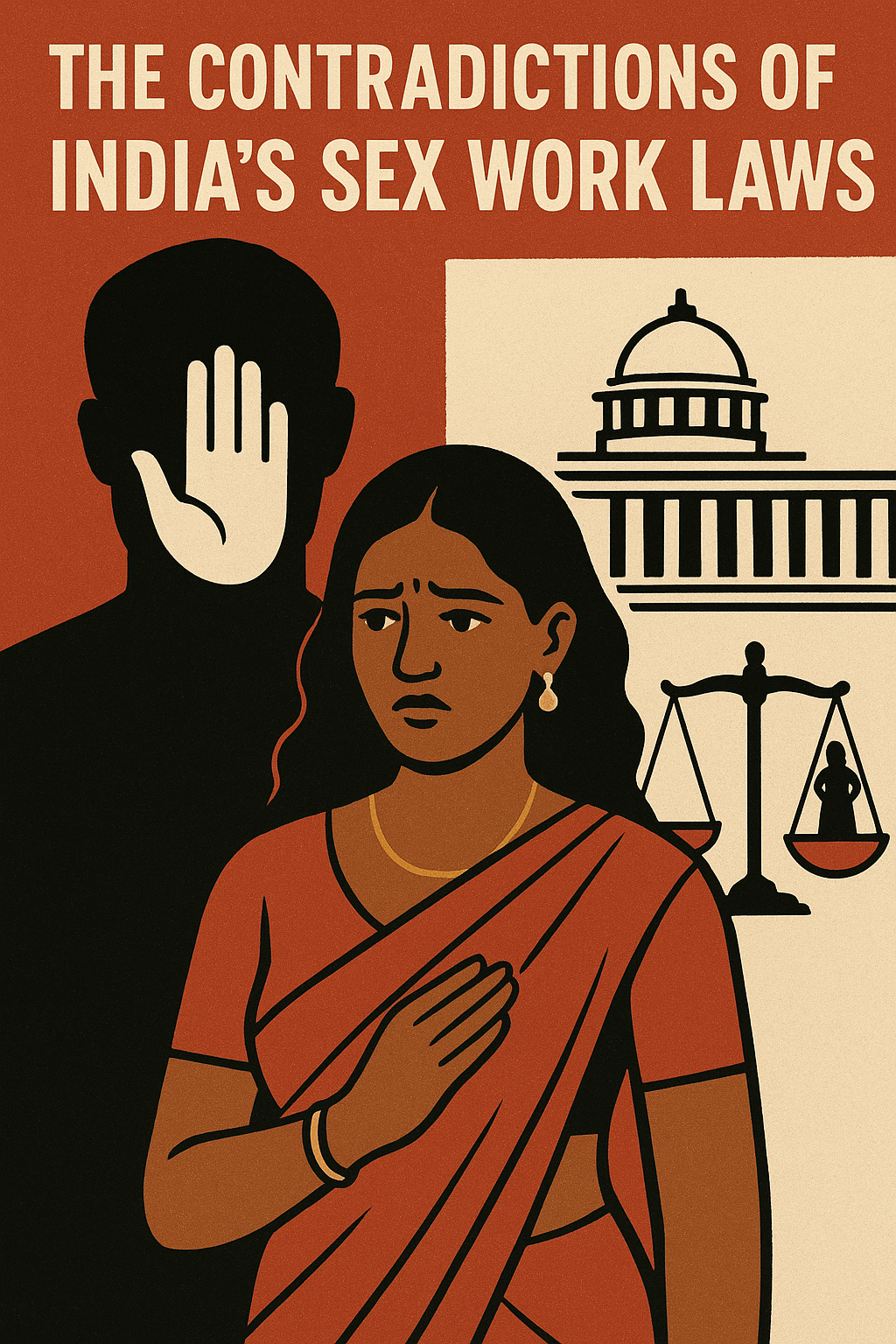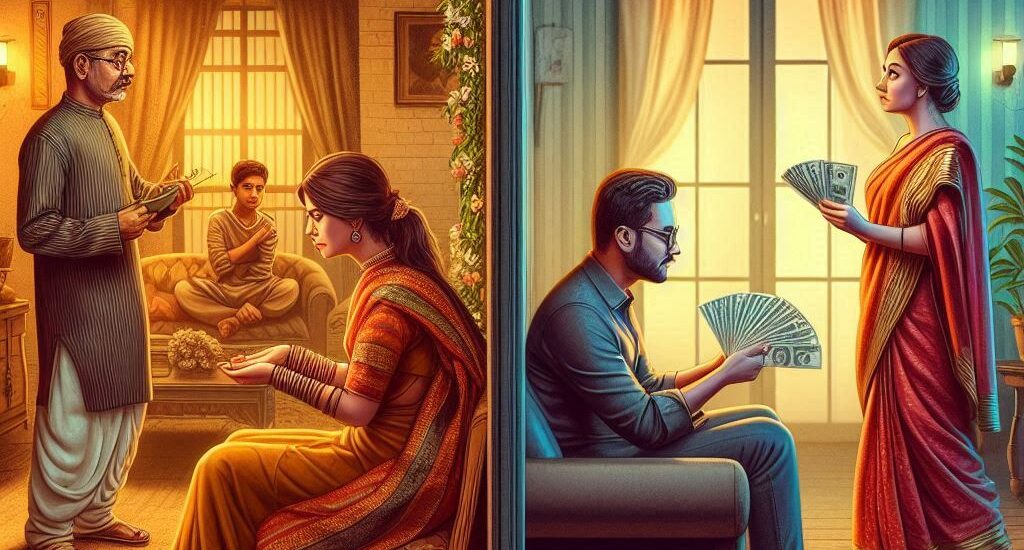



Marriage is a social contract often disguised as a sacred lock wherein Divorce is looked at as a Taboo. But as the times have changed, Divorce is not at bay and Alimony is something that stems from a divorce that holds responsible one spouse, more equipped for the proper maintenance of a less equipped spouse even if the terms of the marriage contract made by law, religion, custom are broken.
The article focuses on Alimony and its Tangents
When a Judge hearing a Divorce case is satisfied that both parties don’t want to visit the status quo then before granting an award of Divorce, either of the parties has to subscribe to a monetary amount for its counterpart’s survival.
It is believed that the marital alliance coalesces both partners for a lifetime and if anyone does want to exit the alliance, it falls upon him/her to take care of counterpart’s survival needs. Mere breakage of marriage does not dilute the supposed sacredness attached to marriage.
In India, Alimony is awarded by courts by a financially more equipped partner to a financially less equipped partner. It is generally a one-time amount payable thereafter no claim for financial assistance is to be made by the applicant.
Whereas, Maintenance is a monthly settlement awarded if Alimony is not a reachable and feasible option on the part of the responder.
Personal laws of each religion though vary in muscle but are similar in skeleton. Major religions of the world view Alimony as given below:
The formula for calculation of alimony is not given here but courts usually follow the convention of fixing the amount of alimony for the stipulated months.
Alimony is of two types: Permanent Alimony and Fixed Alimony
Permanent Alimony:
Respondent ( payer of alimony) has to pay the amount to Applicant ( receiver of alimony) until the applicant remarries or dies or gets into a relationship, whichever is earlier.
Respondent has to pay the amount to Applicant only for a specific period. Normally, it is paid during divorce proceedings till the final verdict is out, it also can be continued till some period after the divorce award is given.
Under this Act, the Wife can solicit financial assistance from the Husband if :
In Muslims, a man must provide for his spouse regardless of any special formal contract.
Kharacha i Pandan is a special allowance received by Muslim wives which means Betal Box expense meaning personal expense.
Muslim women can receive alimony under the Muslim Women (Protection of Rights and Divorce Act) 1986. Under section 3, MAHR is decided during the time of marriage itself which includes maintenance amount, gifts, and assets received by the wife at the time of marriage.
During the Iddat ( waiting period after divorce), the Husband is obliged to pay to wife to support her after the divorce and make the future safe for her.
But to claim alimony under the law, Muslim wives have to make sure that she is discharging their duties as faithful wives and remain chaste.
Under the Indian Divorce Act, of 1869, Christian women can seek alimony. During Divorce proceedings, the court has the power to fix the amount of alimony and maintenance and also child support.
Upon failing which causes, seizure of your income and assets.
Under the Parsi Marriage and Divorce Act 1936, Parsi women can ask for legitimate and illegitimate alimony i.e Alimony pendente lite ( during divorce proceedings) and Permanent Alimony meaning after the divorce award also, the husband has to pay a fixed amount to the wife as a one-time settlement.
Sikhs, Jains, and Buddhists are governed by Hindu Personal Law.
If people from distinct religions marry, then their marriage is registered under the Special Marriage Act and it also provides for Divorce and Alimony.
Alimony pendent lite and Permanent Alimony is also provided here. If the wife can’t bear the legal fees due to financial constraints, the husband has to pay the fees of divorce proceedings of the wife.
There is no hard formula to determine the amount of alimony but usually, it is set at 20 – 25% of the husband’s income. It forms part of revenue receipt and it is a case of monthly installment. That is taxable And ⅓ or ⅕ of the husband’s total net worth in case of a permanent lump sum settlement. It forms part of capital receipt and thus is not taxed.
As per Hindu Law, there are instances of men getting alimony but here men have to prove that they are financially, and physically unwell, unstable, and less earing than the wife. But there are also instances of Male applicants getting rejected on the same grounds. Muslim, Parsi, and Christian men have had rare occurrences of men receiving alimony. But as per the Special Marriage Act, only women are entitled to alimony, not men.
Alimony laws are not static, they evolve with societal evolution. But recent trends suggest the modernizing of alimony laws but also a strong reaction to it. California lawyer Kelly Clarkson says
High-earning women find it absurd to pay out to men, they still think it is not their responsibility. Also, fictitious cases of domestic violence like Zoravar Singh’s famous case ( brother of Yuvraj Singh ) are being filed by women to solicit financial gains and gain alimony. Also, an RTI reply by the Karnataka High Court said that only around 5% of claims by wives are found to be true in such cases.
Mention must be made of the Jeff Bezos and Bill Gates divorce case wherein both were compelled by courts to dole out around ¼ % of their assets which translates into billions of dollars. Both married middle-income girls, the question to be pondered over is Do they deserve such a huge amount in alimony?
Why can’t we think of skill-building activities and related expenses by husband or wife post-divorce so that they can take care of themselves?
Courts have also awarded 4 lakh Alimony to an Asst. Director in the Finance Ministry where her husband was a private employee earning less than her. Why the due process of law is often overlooked there is also evidence of women not asking for alimony if both are earning at par with each other which is commendable on their part.
In times of constant variation, we can’t afford to remain stagnant. Now, pre-marriage meetings also stress over liberty to be given to women by men. So on the same lines, above mentioned suggestions also must be discussed during marriage negotiations. We all must remember that the problems of today need solutions of today. Positive gender neutrality in all sectors is to be promoted so that it can have a ripple effect on all stakeholders of society.
https://www.thelegalyoungster.com/legal-internship/